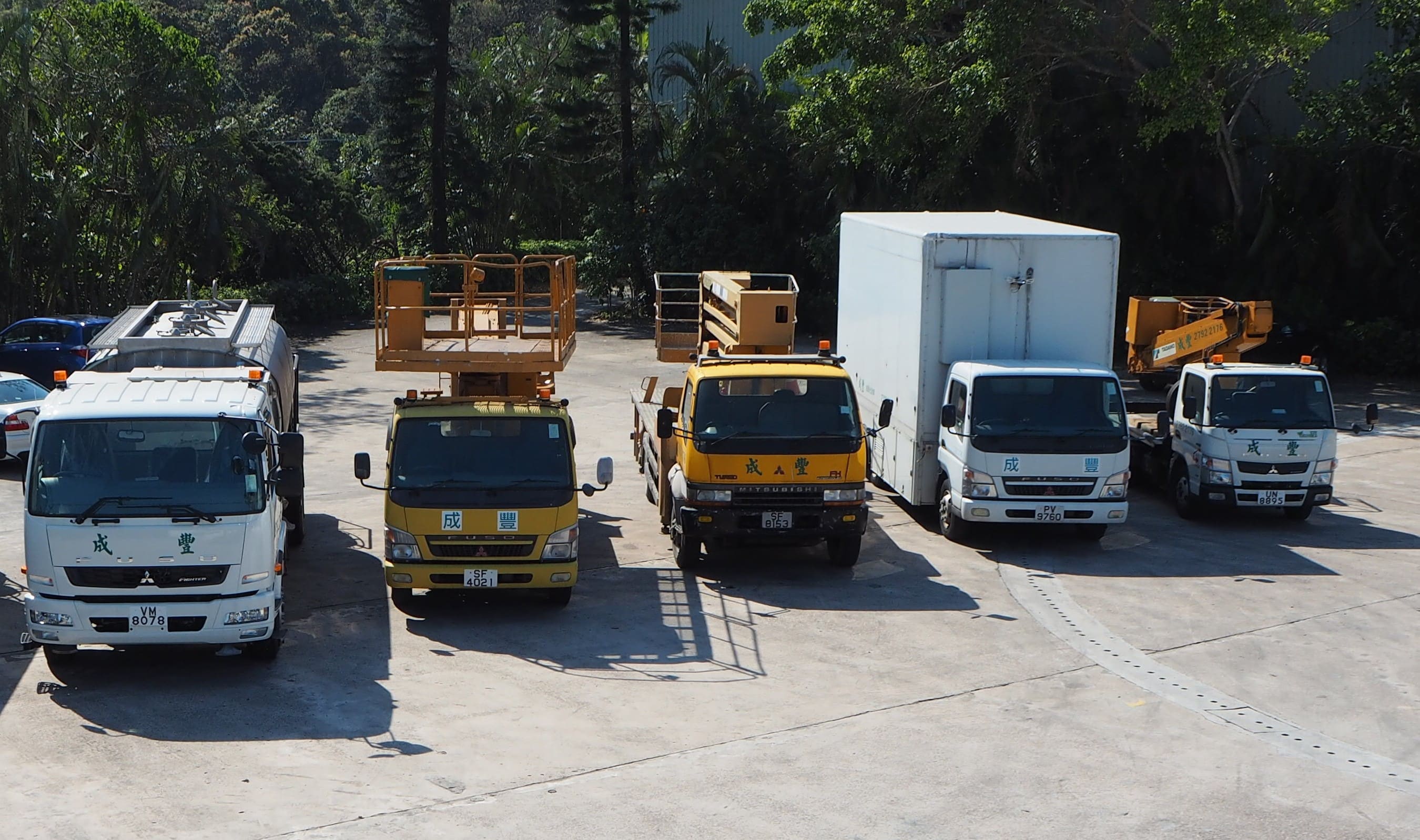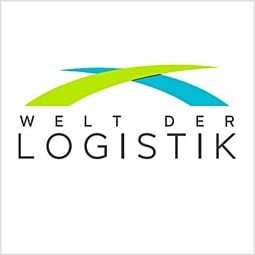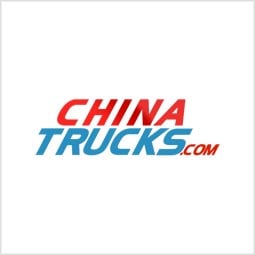Light Duty Trucks Need Specific Lubricants
 A truck is a truck is a truck is no longer an applicable thought. With the vastly different applications that there are, trucks have also become very specialised and highly diverse. And with that diversification in missions also comes the need to address the profiles of the jobs with appropriate components and consumables.
A truck is a truck is a truck is no longer an applicable thought. With the vastly different applications that there are, trucks have also become very specialised and highly diverse. And with that diversification in missions also comes the need to address the profiles of the jobs with appropriate components and consumables. Lubricants are one such area where the mission profile will have a major impact. As the group of lucky winners of the Shell Ultimate Stopover learned on their recent trip to Dubai, Light Commercial Vehicles (LCV) should be used with specific lubricants made for them. Here is why.
Light Duty trucks experience different driving conditions compared to heavy duty vehicles, which is why they have specific lubrication needs. Shell Rimula has launched a new range of oils – In Malaysia it is the Shell Rimula LD4 (15W-40) and LD5 (10W-40)– designed to tackle the extremes of urban driving. As a light duty trucker, constant starting and stopping in traffic causes sludge to build in your engine, which means more wear on engine parts which are vital to your operation.
Shell Rimula Light Duty Range uses Dynamic Protection and Dynamic Protection Plus Technology*. The base oil combined with a high performance additive package breaks down sludge to help combat wear and protects your engine, reducing the risk of vehicle downtime so you can stay on the move.
Soot build-up in particular is an issue for commercial vehicles. Soot loading in diesel engine oil can present wear problems. Diesel engines consume a carbon-rich fossil fuel that releases soot as a byproduct of combustion. Soot consists of micrometer-scale particles of elemental carbon. The existence of soot signifies incomplete combustion, which suggests an incorrect air/fuel ratio, improper combustion temperature, insufficient residence time in the combustion zone, and/or non-availability of sufficient oxidants (another way to say that the air/fuel ratio is too fuel-rich).
Soot is harmful in a number of ways when at excess levels in engine oil, but primarily through abrasion; especially if the carbon is agglomerated into clumps, which can cause valvetrain, ring and liner wear. Soot loading also causes a viscosity increase, which inhibits oil flow, especially in cold weather starts where the soot-laden engine oil can increase the time it takes for the oil to reach critical engine parts, such as the valvetrain.
Variable Loads
The issue: The operation of a light duty truck is built around carrying variable loads, which can cause higher engine temperatures leading to a build-up of soot and deposits on engine parts.
The issue: The operation of a light duty truck is built around carrying variable loads, which can cause higher engine temperatures leading to a build-up of soot and deposits on engine parts.
The solution: Shell Rimula Light Duty Range offers Dynamic Protection Technology for improved engine cleanliness. This results in up to 50 % less Carbon deposits (Shell Rimula LD5).
Start / Stop Operation
The issue: For light duty truck drivers constant starting and stopping in traffic causes sludge to build in their engine, which means more wear on engine parts which are vital to their operation.
The issue: For light duty truck drivers constant starting and stopping in traffic causes sludge to build in their engine, which means more wear on engine parts which are vital to their operation.
The solution: Shell Rimula Light Duty Range offers Dynamic Protection Technology to protect your engine against wear and sludge. Through this, between 30 percent (Shell Rimula LD4) and 57 percent (Shell Rimula LD5) better wear protection can be achieved.
Increased Engine Idling
The issue: Being stuck in slow moving traffic for long periods, or high idle engine running is unavoidable for light duty drivers. High motor hours relative to distance covered leads to slower oil mileage accumulation. So, they need an oil that protects during these types of service.
The issue: Being stuck in slow moving traffic for long periods, or high idle engine running is unavoidable for light duty drivers. High motor hours relative to distance covered leads to slower oil mileage accumulation. So, they need an oil that protects during these types of service.
The solution: Shell Rimula Light Duty Range offers Dynamic Protection Technology for a longer oil life.
*Dynamic Protection Plus Technology is included in Grade LD5 only.
























